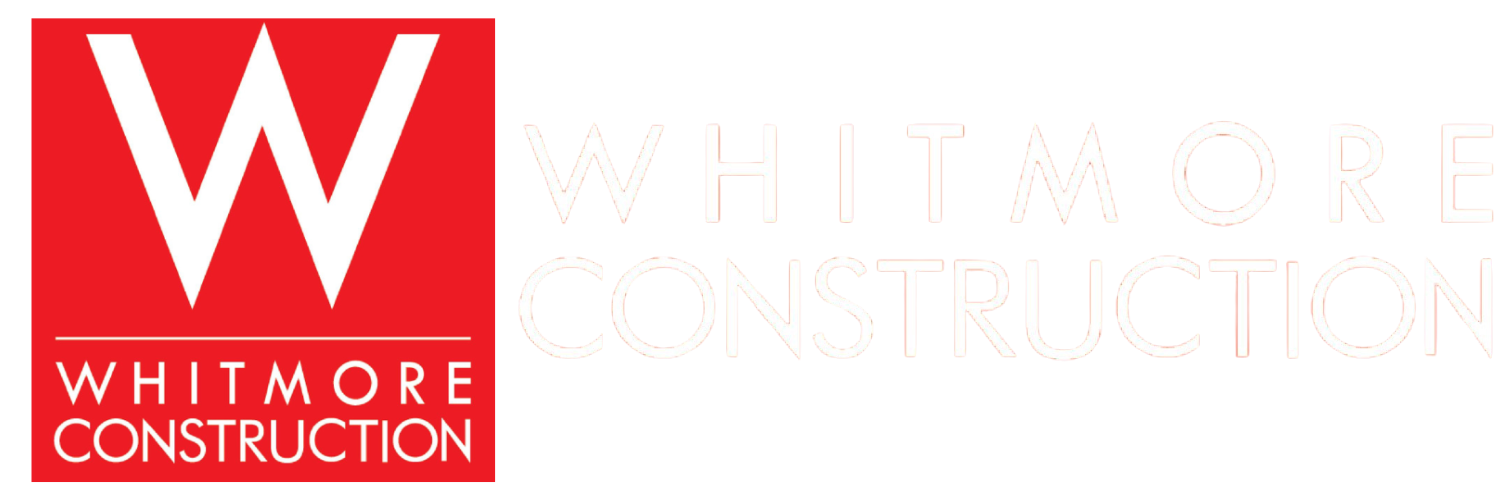 In the dynamic landscape of construction, cash flow management is crucial for success. McKinney Construction understands that timely payment for services rendered can be a challenge. This is where cash advance invoice factoring comes into play, providing an effective solution to alleviate cash flow issues while supporting business growth. This article delves into the nuances of invoice factoring specifically within the construction sector, discussing its benefits, processes, and implications for McKinney Construction.
In the dynamic landscape of construction, cash flow management is crucial for success. McKinney Construction understands that timely payment for services rendered can be a challenge. This is where cash advance invoice factoring comes into play, providing an effective solution to alleviate cash flow issues while supporting business growth. This article delves into the nuances of invoice factoring specifically within the construction sector, discussing its benefits, processes, and implications for McKinney Construction.
Understanding Invoice Factoring in Construction
Invoice factoring is a financial transaction where a business sells its accounts receivable to a third party at a discount. This allows companies to access capital quickly instead of waiting 30, 60, or even 90 days for their customers to pay their invoices. In construction, where large projects often result in significant delayed payments, invoice factoring can be particularly beneficial.
The Basics of Invoice Factoring
At its core, invoice factoring is relatively straightforward. A construction company submits unpaid invoices to a factoring company, which then advances a percentage of the invoice total—usually around 70-90%. The factoring company takes responsibility for collecting the payment directly from the client and, upon receipt, pays the remaining balance to the construction company, minus a factoring fee.
The Role of Invoice Factoring in Construction
In the construction industry, cash flow can be unpredictable due to project delays and complex payment schedules. Invoice factoring serves as a lifeline, providing immediate liquidity that supports ongoing operations such as paying suppliers, subcontractors, and employees. This financial tool allows construction firms to maintain momentum on projects without financial strain. Moreover, by alleviating cash flow concerns, construction companies can take on more projects simultaneously, enhancing their growth potential and market competitiveness.
Additionally, invoice factoring can help construction businesses build stronger relationships with their suppliers and subcontractors. When a company can pay its bills on time, it fosters trust and reliability, which can lead to better terms and pricing in future dealings. This financial strategy not only helps in managing day-to-day expenses but also positions the company favorably within the industry, enabling it to secure more lucrative contracts and partnerships. As the construction landscape continues to evolve, leveraging invoice factoring can be a strategic move that empowers firms to navigate financial challenges with greater agility and confidence.
The Benefits of Cash Advance Invoice Factoring
Utilizing cash advance invoice factoring presents a variety of advantages for construction businesses seeking to enhance their financial health. From improved cash flow to reduced financial risks, these benefits can play a pivotal role in a company’s long-term success.
Improving Cash Flow
Perhaps the most significant benefit of invoice factoring is the immediate access to cash. For McKinney Construction, this means being able to cover operational expenses without the stress of awaiting payment from clients. Improved cash flow enables more timely payments to suppliers, ensuring that projects continue on schedule. Additionally, having ready access to funds allows construction firms to seize new opportunities as they arise, such as bidding on lucrative contracts or investing in advanced machinery that can enhance productivity. The ability to act swiftly can set a company apart in a competitive industry where timing often dictates success.
Mitigating Financial Risks
In addition to improving cash flow, invoice factoring reduces the risk of bad debt. Since factoring companies conduct their own credit assessments of clients, they can help identify potential payment issues beforehand. This due diligence provides construction companies with peace of mind and allows them to make informed decisions regarding project bids and partnerships. Moreover, by outsourcing the collection of receivables to a factoring company, construction businesses can focus more on their core operations rather than spending valuable time and resources on chasing payments. This strategic shift not only enhances operational efficiency but also fosters stronger relationships with clients, as the company can dedicate more attention to delivering quality work and maintaining open lines of communication.
The Process of Cash Advance Invoice Factoring
While the benefits are clear, the process of cash advance invoice factoring can be complex. Understanding the steps involved ensures a smoother experience for all parties, from the construction firms to the factoring companies. This financial strategy not only provides immediate liquidity but also helps in maintaining a steady cash flow, which is crucial for the fast-paced construction industry where delays in payments can lead to project stalls and increased operational costs.
How to Apply for Invoice Factoring
The application process usually begins with the construction company submitting an application to a factoring company, including details about their business and its financial health. After reviewing the application, the factoring company assesses the invoices to determine their creditworthiness. This evaluation often includes an analysis of the company’s past payment history, the creditworthiness of their clients, and the overall market conditions. Once approved, an agreement is signed, outlining the terms of the factoring arrangement. It’s important for construction firms to thoroughly review these terms, as they can vary significantly between factoring companies, impacting the overall cost and benefits of the arrangement.
The Role of Factoring Companies
Factoring companies serve as the intermediary between construction firms and their clients. They provide not only the funds but also the expertise to manage account receivables. By handling collections, they reduce administrative burdens on construction companies, allowing them to focus more on their core operations without getting bogged down by the complexities of billing and payments. Additionally, factoring companies often offer valuable insights into cash flow management and can assist in forecasting future financial needs based on current receivables. This partnership can empower construction firms to make informed decisions about project bids and resource allocation, ultimately enhancing their competitive edge in the market. Furthermore, the relationship between a construction firm and a factoring company can evolve over time, leading to tailored solutions that adapt to the changing needs of the business as it grows and takes on new projects.
Key Considerations in Invoice Factoring
While cash advance invoice factoring offers significant advantages, it is not without its nuances. Construction companies must carefully evaluate their options and choose the right factoring company to avoid pitfalls.
Evaluating the Cost of Factoring
When considering invoice factoring, it is crucial to evaluate the costs involved, which can include factoring fees and interest rates. These costs can vary widely among different factoring companies. Thus, McKinney Construction needs to conduct thorough research and potentially negotiate terms that align with their financial expectations.
Understanding the Terms and Conditions
Another key consideration is the terms and conditions set forth by the factoring company. Understanding the fine print, such as recourse provisions or advance rates, is vital to avoid unexpected liabilities. Clarity in these terms can prevent future disputes and ensure a beneficial partnership.
The Impact of Invoice Factoring on McKinney Construction
Implementing cash advance invoice factoring will have a considerable impact on McKinney Construction’s financial landscape. With improved cash flow and reduced financial stress, the company can pursue new opportunities more confidently and efficiently.
Enhancing Business Growth
With accessible capital, McKinney Construction can invest in resources, take on new projects, and increase its workforce. This potential for growth directly translates into an enhanced market presence and reputation within the construction sector.
Ensuring Financial Stability
Finally, regular use of invoice factoring reinforces financial stability within the company. By continuously ensuring that cash flow remains healthy, McKinney Construction can navigate the seasonal fluctuations inherent in the construction industry without compromising operations or quality.
In summary, cash advance invoice factoring is a valuable strategy for McKinney Construction as it seeks to optimize cash flow, mitigate financial risks, and support ongoing and future growth initiatives.
Ready to elevate your construction project’s efficiency and ensure financial stability? Look no further than Whitmore Construction. Our commitment to excellence is evident in every service we provide, from in-house operations to collaborations with specialized vendors. We guarantee a skilled, insured, and regulation-compliant team for your utility construction needs, whether it’s aerial installations or underground cable placement. With our extensive experience and customer-centric approach, we’re poised to exceed your expectations and support your FTTH network deployments. Don’t let cash flow challenges hinder your project’s success. Start Now! with Whitmore Construction and experience a partnership that’s built to last and designed to grow.
